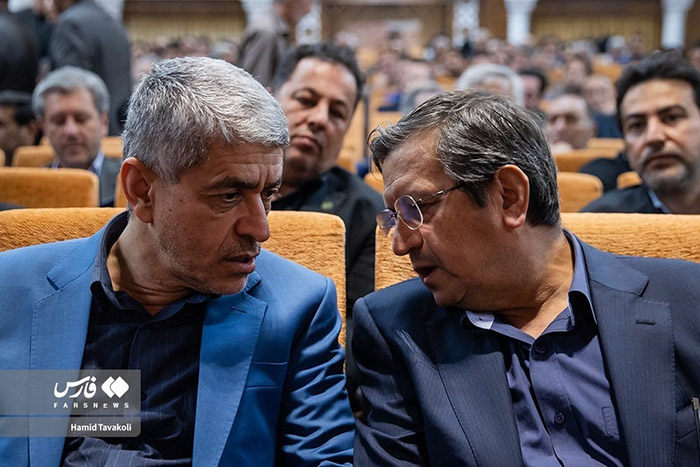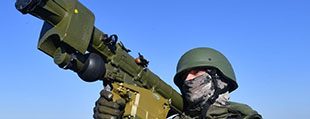On Monday, August 15, 1403, the Baath Hall of the Prophet’s Mosque became a focal point of national attention as it hosted the funeral ceremony of Sardar Mohammad Rabiei. As a revered war commander, Sardar Mohammad Rabiei’s funeral was attended by numerous political activists, national dignitaries, and military officials, reflecting his significant impact on Iran’s defense and political spheres. The event not only commemorated his life but also brought to the forefront the notable contributions of his brother, Ali Rabiei, a prominent reformist politician.
Background of Sardar Mohammad Rabiei
Sardar Mohammad Rabiei was more than a war commander; he was a symbol of bravery and commitment to his country. His military career, marked by strategic acumen and unwavering dedication, earned him respect across various sectors of Iranian society. As a war commander, he played a crucial role in numerous military operations that safeguarded national security and sovereignty.
The Funeral Ceremony: A Gathering of Influential Figures
The funeral ceremony was a solemn yet significant event. Held at the Baath Hall of the Prophet’s Mosque, it drew a diverse group of attendees, including political activists, national leaders, and military officials. The presence of such a wide array of influential figures underscored Sardar Mohammad Rabiei’s importance to the nation.

